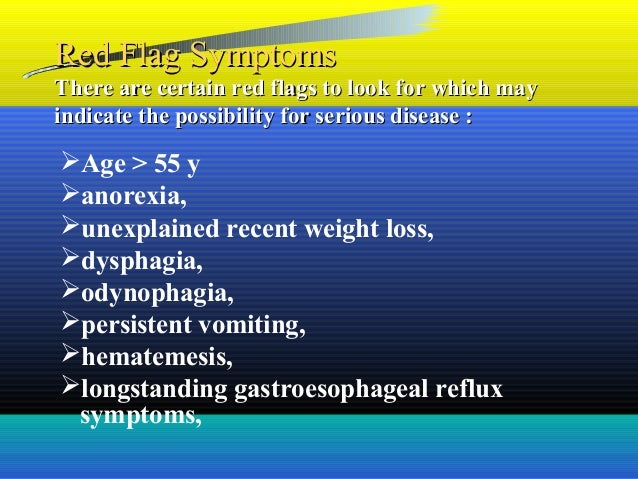Gastroesophageal reflux disease, or gerd, is a condition in which stomach acid backs up in a person's esophagus because the esophagus is not meant to handle corrosive substances, it causes a number of unpleasant symptoms these can include heartburn, reflux of the stomach contents into the throat, nausea, vomiting, and thick phlegm in the throat. Gastroesophageal reflux disease mucus. Gastroesophageal reflux disease (gerd) occurs when stomach acid frequently flows back into the tube connecting your mouth and stomach (esophagus) this backwash (acid reflux) can irritate the lining of your esophagus many people experience acid reflux from time to time.
gastroesophageal reflux disease mucus
Gastroesophageal reflux disease and chronic sinusitis: in search of an esophageal-nasal reflex wong iw(1), rees g, greiff l, myers jc, jamieson gg, wormald pj author information: (1)department of surgery-otolaryngology head and neck surgery, adelaide university, south australia, australia. Other symptoms of gerd include: hoarseness; if acid reflux gets past the upper esophageal sphincter, it can enter the throat (pharynx) and even the voice box (larynx), causing hoarseness or sore. Gastroesophageal reflux disease is a condition in which stomach contents, including acid, back up (reflux) from the stomach into the esophagus and even the throat.; the main symptom of gerd is frequent and persistent heartburn, which is pain or a burning sensation in the stomach or upper abdomen.other symptoms of gerd include. regurgitation of bitter acid up into the throat,.

